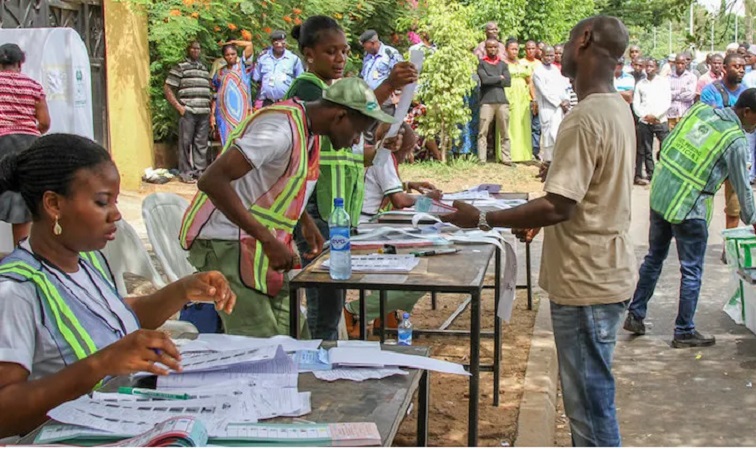
Nigeria is just a few more months to the 2023 presidential/ general election and it is pertinent to remind INEC and other agencies of the government that are in charge and control of elections in Nigeria once more that restricting movements on Election Day is unconstitutional, unlawful and contravenes the fundamental freedom of movement of citizens as provided in S.41 of the Constitution of the federal republic of Nigeria and subsequently provided for in Article 12(1) of the African Charter on Human and Peoples’ Rights (Ratification and Enforcement) Act, Cap A9, Laws of the Federation of Nigeria, 2004.
The Nigerian government has a penchant for declaring “no movement” on Election Days and those found moving around are sometimes arrested, harassed, intimidated, and brutalized by state security agencies for “loitering” and this should never be the case.
Elections should be like every other day in Nigeria, it is the day the citizens exercise their franchise and the government should not in its quest to get the citizens to exercise a fundamental right abuse another critical fundamental right. Elections should never be a ground where citizens’ freedom of movement is restricted.
Register for Tekedia Mini-MBA edition 19 (Feb 9 – May 2, 2026): big discounts for early bird.
Tekedia AI in Business Masterclass opens registrations.
Join Tekedia Capital Syndicate and co-invest in great global startups.
Register for Tekedia AI Lab: From Technical Design to Deployment (next edition begins Jan 24 2026).
Freedom of movement should be unqualified and the only instance when a citizen should be denied this freedom is when he has been restrained by the order of the court because he is being tried for a crime he is accused of or if he has been sentenced to committal/ detention as a punishment for a crime he is been found guilty of or when the government declares state of emergency to curb and quell insecurity and disorderliness. These are the instances known to the law that a citizen’s right to movement can/should be restricted, any other instance, be it elections, is totally unlawful and unconstitutional.
In the case of Mallam Nasir Ahmad el-Rufai V. State Security Service (SSS) & the Attorney General of the Federation, The federal high court sitting in Awka held that the government nor its security agencies have no power or right to restrict a citizen’s movement thereby denying a citizen his fundamental right of movement on the bases of the election. Any act of the government or its security agencies restricting the movement of citizens merely because it is Election Day is totally unlawful and unconstitutional.
In the above case, in November 2013 during a governorship election in Anambra state, Mallam Nasir Ahmad el-Rufai (who is currently the executive Governor of Kaduna State) was an official of the APC and was sent by his party to Anambra state to monitor the governorship elections and feedback reports to his party, when he got to Anambra state, the State Security Service told him that he is not allowed to move out of his hotel room stating that it is the directive from “above” that no citizen is allowed to move around in the state; moving around is only for the purpose of a person going to his polling unit to cast his vote, any other form of movement other than that is totally prohibited.
After the incident, Mallan Nasir Ahmad el-Rufai was aggrieved and he decided to enforce his fundamental human right to movement as provided in section 41 of the Constitution of the federal republic of Nigeria, the court while laying emphasis on the fact that restricting citizens’ movement merely on the bases of election is unlawful and unconstitutional awarded damages on his behalf


